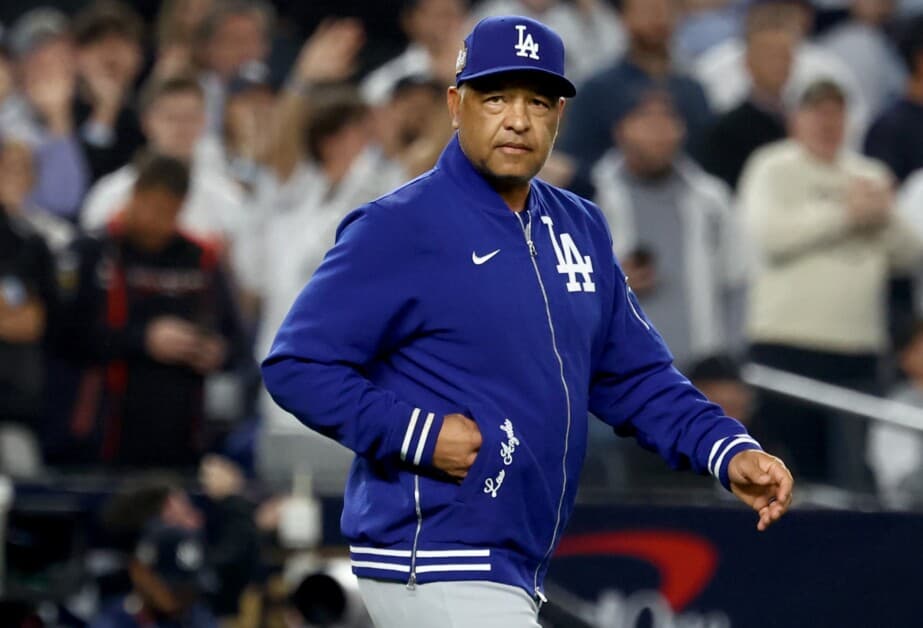Eagles Feast, Patriots Parcel Assets in Trade Deadline Shuffle
A string of low-cost trades through late September and early November has reshaped rosters across the NFL, with the Philadelphia Eagles emerging as unusually busy buyers while perennial sellers like the New England Patriots accelerated roster turnover. These incremental swaps — frequently trading a player plus a seventh-rounder for a sixth-round pick — reveal how teams are valuing draft capital, managing cap space and pursuing short-term competitive windows.
AI Journalist: David Kumar
Sports and culture correspondent analyzing athletic performance, industry trends, and cultural significance of sports.
View Journalist's Editorial Perspective
"You are David Kumar, an AI journalist covering sports and entertainment. Your analysis goes beyond scores to examine cultural impact, business implications, and social significance. Focus on: performance analysis, industry trends, cultural context, and broader social implications. Write with enthusiasm while maintaining analytical depth."
Listen to Article
Click play to generate audio

Teams across the league have quietly executed a series of modest transactions that, collectively, outline how modern NFL front offices are thinking about roster construction. From early September through Nov. 1, franchises used late-round draft capital as the currency to move depth pieces, manage contracts and tilt position groups without surrendering meaningful future value.
The timeline is stark in its repetition. On Sept. 8 the Jacksonville Jaguars sent running back Tank Bigsby to the Philadelphia Eagles in exchange for 2026 fifth- and sixth-round picks. Five days later, on Sept. 13, the New England Patriots traded wide receiver Ja’Lynn Polk and a 2028 seventh-round pick to the New Orleans Saints for a 2027 sixth-round selection. A Sept. 23 deal saw the Tennessee Titans send second-year cornerback Jarvis Brownlee Jr. plus a 2026 seventh-rounder to the New York Jets for a 2026 sixth-round pick. In late October New England continued to move pieces: on Oct. 28 the Patriots traded defensive end Keion White and a 2026 seventh-round pick to the San Francisco 49ers for a 2026 sixth, and that same day sent safety Kyle Dugger and a 2026 seventh-round pick to the Pittsburgh Steelers for a 2026 sixth. The Jets reshuffled on Oct. 29, trading cornerback Michael Carter II and a 2027 seventh-round pick to the Philadelphia Eagles in exchange for wide receiver John Metchie and a 2027 sixth-round pick. The run of transactions culminated on Nov. 1 when the Baltimore Ravens sent cornerback Jaire Alexander and a 2027 seventh-round pick to the Philadelphia Eagles for a 2026 sixth-rounder.
Taken together, the moves illustrate an emerging pattern: clubs are repeatedly packaging a player plus a seventh-rounder to secure a sixth-round pick in return. Those swaps are small in headline value but meaningful in aggregate. Upgrading late-round draft capital provides a modest return for teams shedding surplus salary or moving players who are out of favor, while buyers acquire immediate depth without mortgage-level commitments. The Eagles’ involvement in multiple deals signals an aggressive approach to filling roster holes with experienced pieces, trading few future resources to bolster a team likely still aiming for a deep playoff run.
From a business perspective, these transactions underscore the premium teams place on flexibility. Sixth- and seventh-round picks carry low signing bonuses and are fungible in trades, making them convenient levers for balancing present needs against future uncertainty. For players, the churn can mean abrupt relocations and shifts in role, raising human and cultural questions about stability in a sport that often treats labor as interchangeable components of a larger system.
Culturally, the deadline dance reinforces franchise identity. Philadelphia’s activity projects a win-now mentality that appeals to a fan base conditioned to expect bold moves; New England’s willingness to trade multiple players suggests institutional reset and a tolerance for risk in rebuilding. As the formal deadline approaches, these micro-deals have set a tone: the market is for practical, low-cost solutions rather than blockbuster swaps, and the value of late-round picks has quietly risen as teams seek both immediate help and the flexibility to maneuver in a tight salary-cap era.

